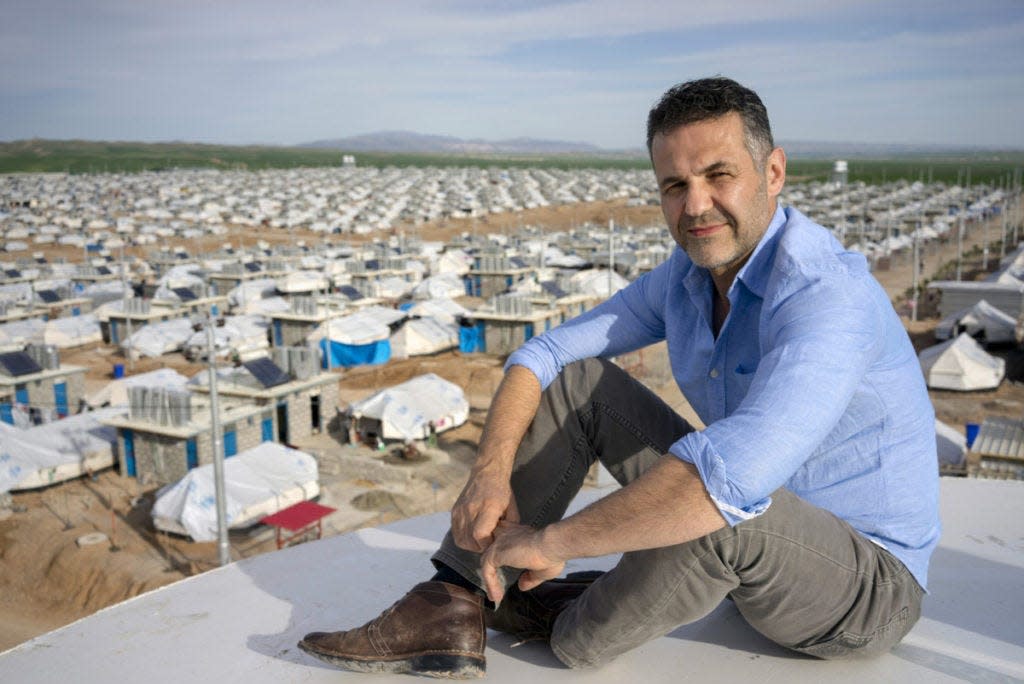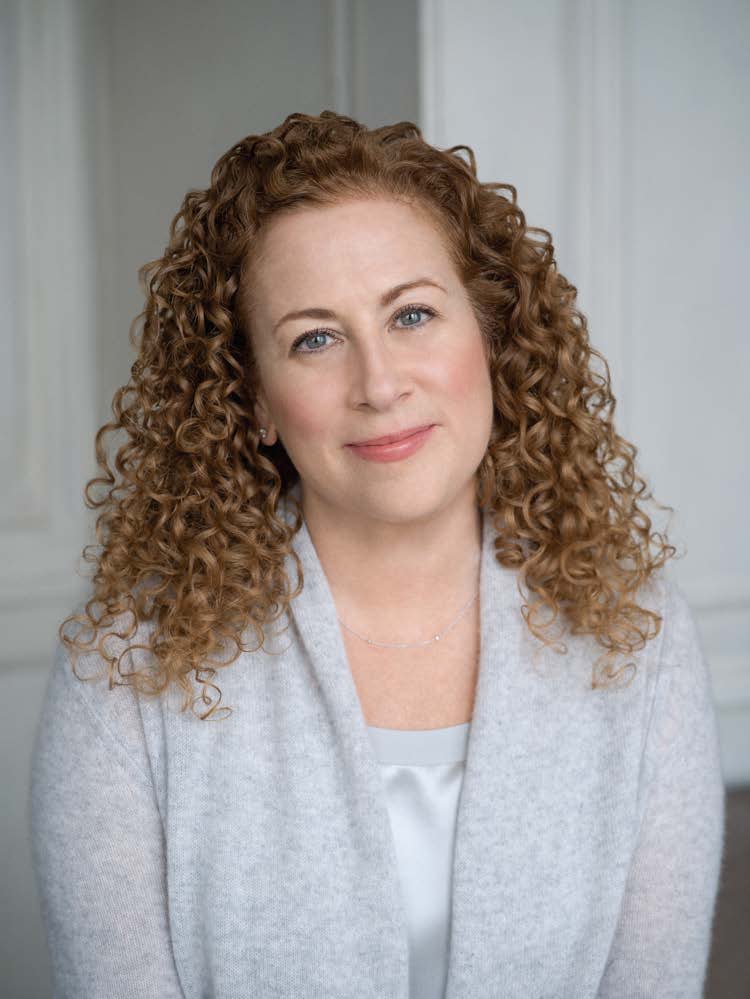Authors respond: Four writers discuss effort to ban their books in Polk County schools

Several of the authors of the challenged books responded to The Ledger's request for a comment on the issue.
Khaled Hosseini, "The Kite Runner" — "Books remain our most powerful teachers of empathy. They allow us into the lives of others and open our eyes to realities far different from our own. I have a literal mountain of letters from students from all over the U.S., collected over a span of nearly 20 years, and to a fault, every last one of them felt 'The Kite Runner' enriched their understanding of Afghanistan, of displaced people, and of victims of war and persecution. High school students are far more sophisticated thinkers than these parent groups give them credit for. We should be encouraging our students to take the opportunity to grow and develop empathy for others, instead of of imposing our own biases and insecurities on them. Banning books like 'The Kite Runner' is a tragic, misguided disservice to students, and I applaud all those fighting for the freedom to read and learn.”
Final book decision: Polk County book review panel votes to return 'More Happy Than Not' to school libraries
In case you missed it: Panels vote to keep 'The Kite Runner' and 'Drama' in Polk high schools and middle schools
Jonathan Safran Foer, "Extremely Loud & Incredibly Close" — “As a parent, I have a great deal of sympathy for anyone who is concerned about protecting children, and allowing kids to remain kids for as long as possible. There are so many forces - primarily social media - that are making it difficult for children to safely explore, learn and express in the ways that are necessary for a healthy childhood. And I certainly wouldn't disagree with the idea that not all books are appropriate for all ages. That said, we need to be extraordinarily careful about our instinct to protect (which comes from a very good place) veering into political censorship (which leads us to a very bad place). Rather than address the books being argued about, or the potential motivations for those arguing to keep a work of genius like "Beloved" off of shelves, I would prefer to celebrate libraries and librarians. In this cultural moment, it is impossible to think of any places or people more important to our well-being, to our survival. Libraries serve many functions, but most essentially they teach empathy. By learning the stories of others - especially those we instinctively judge - our compassion is expanded. Look around. Our political system is broken. We have all but lost our ability to carry on productive conversations with those we don't already agree with. The only ways to cross our seemingly uncrossable divides are to assume goodwill and to effort to see how, fundamentally, the stranger isn't so strange at all. That is why we need libraries, and need them to be stocked with books of all kinds - even, perhaps especially, those we find problematic.”
More coverage: Polk book panels approve 'Extremely Loud u0026 Incredibly Close' and 'It's Perfectly Normal'

Jodi Picoult, "Nineteen Minutes" — “It’s not the first time 19 Minutes has been banned and it won’t be the last. However, as with all book banning — that’s a very slippery slope for the Florida school district to be on. As we have learned historically, the way to control the thoughts of a nation is to limit what its people read. The fact that the school board members were not even required to read the books suggests to me that a small, vocal conservative minority was incorrectly labeling 19 Minutes as pornographic because of a date rape scene in the book that is not sexualized, but in fact is endemic to the story — which is about bullying in all formats. To reduce that scene to sexual content suggests that those concerned were as far from understanding the point of my novel as humanly possible. In fact, the book centers on a school shooting — which, as far as I can recall, is something that Florida has excessive familiarity with. Perhaps — just perhaps — marginalized kids who read 19 Minutes in Florida will (as in other schools, where it’s actually taught as CURRICULUM) realize that they are not alone in their feelings, and instead of bringing a gun to school… they’ll open up to someone about their feelings.”
Read more: Controversial books 'Beloved' and 'Nineteen Minutes' approved for Polk County high schools
Books approved: Polk School Board set to discuss more books. Panels approve 2 more for high schools
Ellen Hopkins, "Tricks" — "I would ask the woman who's worried about age-appropriateness to research the statistics on teen prostitution. Teens make bad decisions pretty regularly. I know, I've raised six of them now. Kids are recruited (as in the book) from shopping malls. They run away and have no other means to survive. They incur debts through drugs or gambling, and think it will be an easy way out. Information is vital for teens, so they understand the possible repercussions of the decisions they make. Books are a safe space to explore the darker aspects of society. Better to arm them with knowledge than to let ignorance hurt them for real. All that said, this current book banning movement isn't about books. It's politically driven, and highly organized. My books have faced challenges in the past, but not on this level. As long as the school district has policies in place, and follows them, this tide can be turned. I'm glad Polk County followed protocol."
This article originally appeared on The Ledger: Authors of challenged books respond to push to ban work in Polk schools

